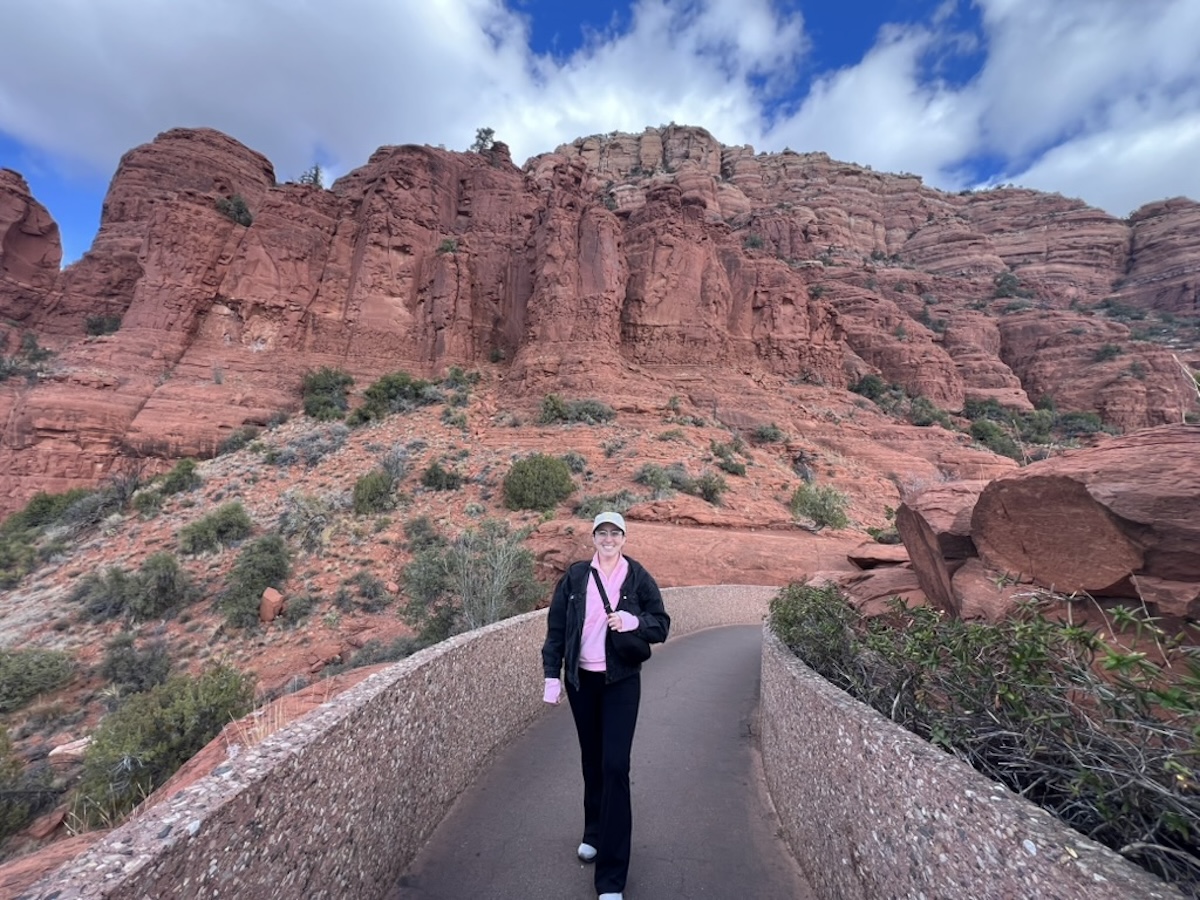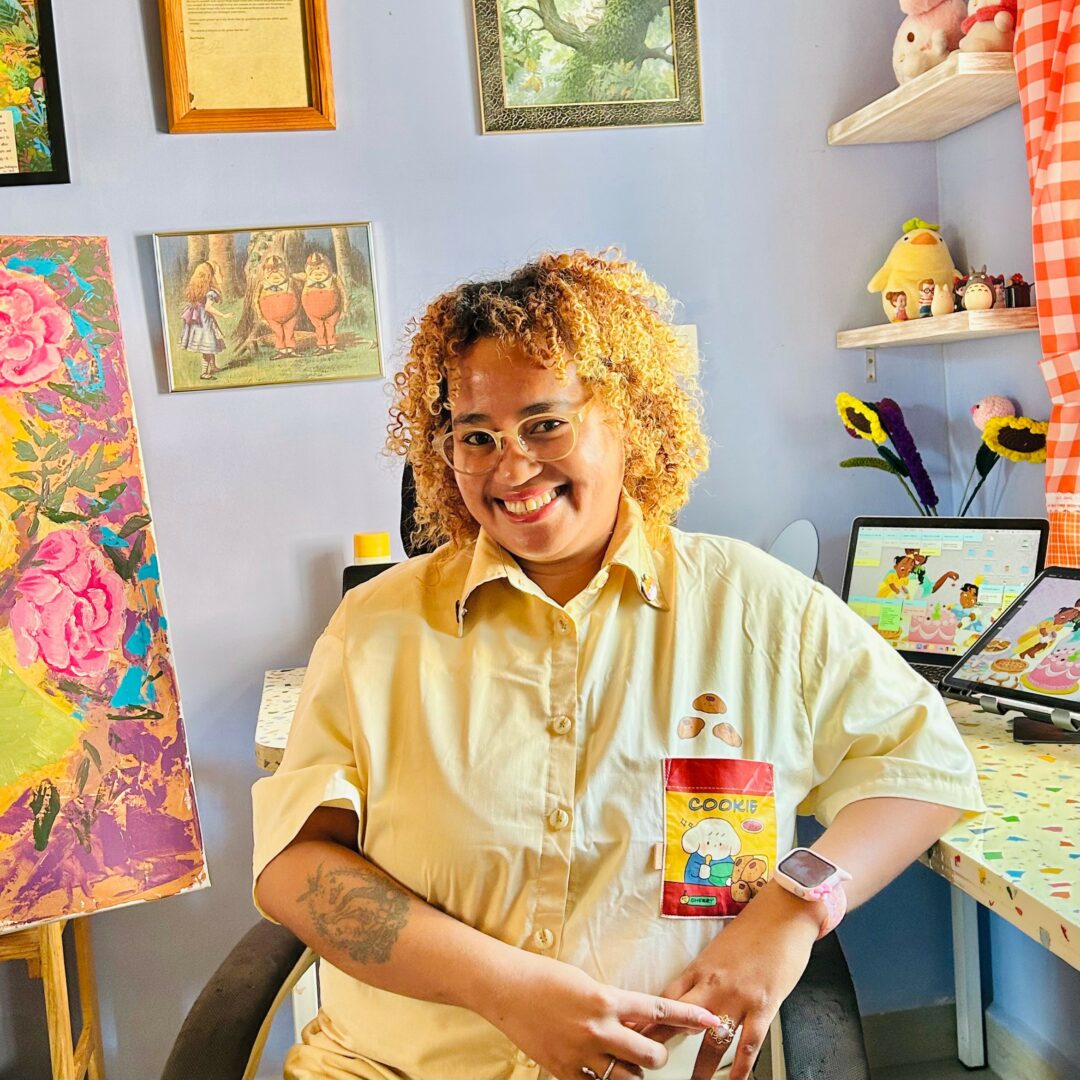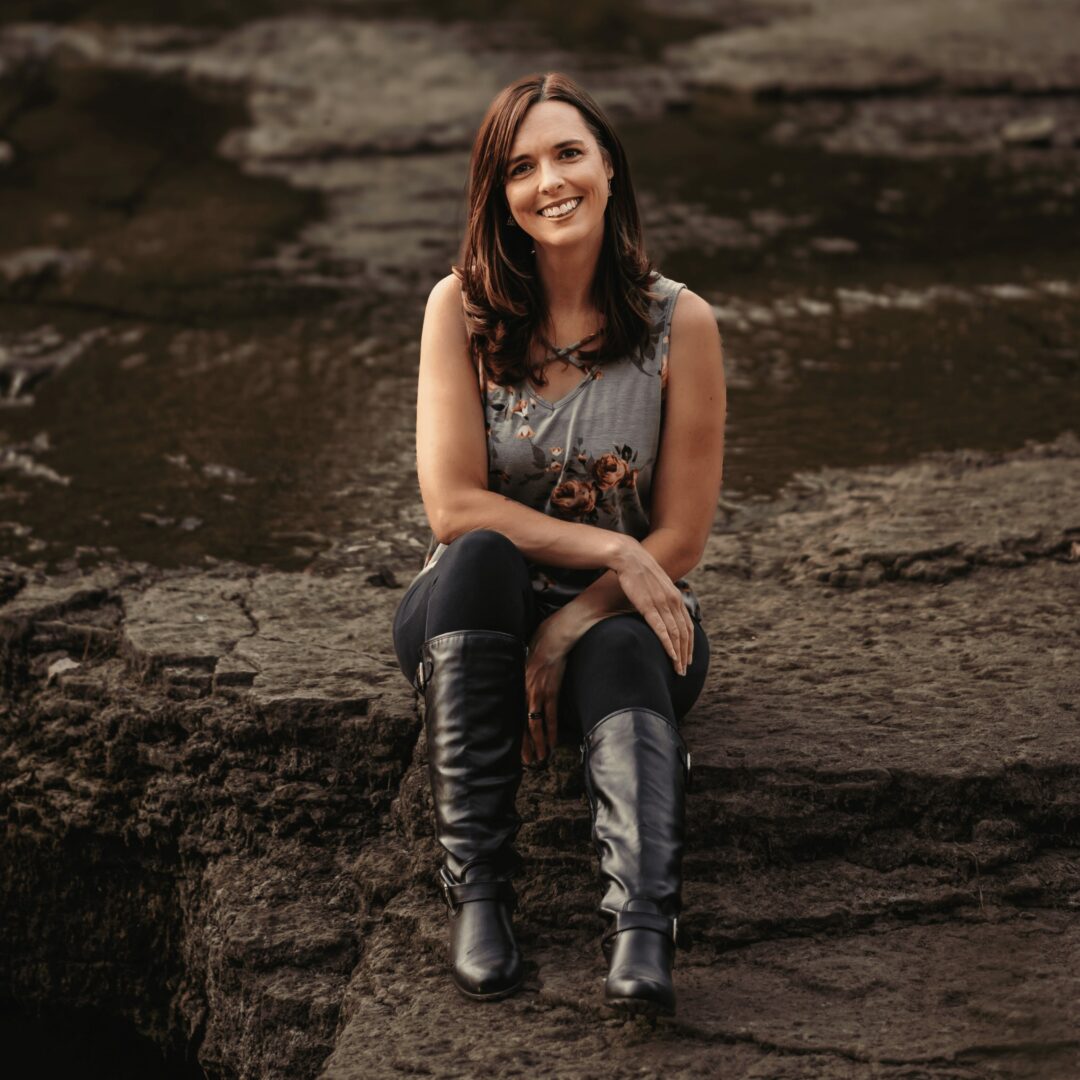We were lucky to catch up with Ethan Alexander Jewett recently and have shared our conversation below.
Ethan Alexander, so great to have you with us and we want to jump right into a really important question. In recent years, it’s become so clear that we’re living through a time where so many folks are lacking self-confidence and self-esteem. So, we’d love to hear about your journey and how you developed your self-confidence and self-esteem.
Growing up in the 1980s, I was small and emotionally fragile, bullied by my stepfather at home and by other kids at school for being different. I was told I wasn’t manly or assertive enough. I didn’t play football or basketball. I didn’t conform to the rigid gender roles my society assigned to boys. Anxiety, insecurity, and low self-esteem shaped my identity; I made every effort to bury my true self under layers of submissive denial. I believed that my experience of alienation must be due to some kind of deficiency within myself.
I realized later, though, that the reverse was true. Nothing was inherently lacking in me; but rather so much that was good and exceptional that didn’t align with the narrow norms of a narrow world. Once I left home for college, I felt the freedom to explore the depths of specialness within myself and slowly venture out of fear into joy. It was a halting journey, punctuated by many false starts, detours, and wanderings; but as I developed better self-knowledge, the path became more reliable.
Three features of my life were decisive in building my confidence and self-esteem: fitness, sexuality, and faith.
My small frame and lack of athletic prowess made me feel weak and ridiculous on the sports field. Phys ed classes were traumatic and humiliating. In my mid-teens, I discovered competitive artistic roller skating which I loved; but as a sixteen-year old wearing aqua spandex, the fear of being mocked and bullied by other teenagers pressured me to give it up and make myself less conspicuous. My college environment, fortunately, was nurturing; and so one day I wandered into the gym, picked up a pair of dumbbells and never put them down. I discovered in bodybuilding a haven that enabled me to define myself as an athlete and to set goals for myself that I could meet and exceed without fearing humiliation from teammates or coaches.
Bodybuilding thereafter became my constant companion. In addition to improving my self-esteem through athletic achievement, bodybuilding also transformed my physique, making me strong and confident as I developed both skill and muscle. This experience of empowerment helped to shape a healthier relationship with my body, allowing me to accept it as a source of joy, instead of shame. This became especially important in my late twenties when I finally came out as a gay man, divorced my wife, and began to explore a more authentic identity. The awkwardness and wrongness I felt when stumbling through heteronormative dating and mating rituals disappeared once I had embraced a sense of self that rang true.
This journey of self-discovery was supported by my struggles as a person of faith. After wandering away from the Judaism of my upbringing for about twenty years, I found my way to the Episcopal Church in 2004 where I encountered a God who claimed me and affirmed me in all my uniqueness. This experience of God’s love in community redeemed me from alienation and convinced me that I was worthy and cherished.


Thanks for sharing that. So, before we get any further into our conversation, can you tell our readers a bit about yourself and what you’re working on?
I have been fortunate to enjoy a varied and rewarding career in secular and religious spaces, serving as a priest in the Episcopal Church, nonprofit executive, LGBTQ+ advocate and social media influencer.
I was raised in Tampa, Florida in the Conservative branch of Judaism, and after many years of feeling like a spiritual exile, found a home in the Episcopal Church, where I was inspired by Jesus’s especial love and concern for the poor and oppressed. Since my ordination to the priesthood in 2012, I have served urban, suburban, Latinx and Black congregations, and have focused much of my priesthood on social justice advocacy and liberation work for the LGBTQ+ community, immigrants and people of color.
In addition to my priestly vocation, I have over 25 years of experience working as a nonprofit professional, including 12 years at the American Academy of Pediatrics, where I conducted health policy, research and child advocacy. Before relocating to Philadelphia in 2022, I served as CEO of a Latinx social services agency focused on youth empowerment programs and sexual health services, which I supported as a certified HIV/STI counselor. I then worked for two years as Executive Director of a nonprofit organization dedicated to empowering college students in their mental health.
As a lifelong bodybuilder and a former certified personal trainer, I have a passion for fitness, which offered healing and empowerment after enduring bullying, homophobia, and low self-esteem as a teenager. My social media presence on Instagram (@jackedpriest) focuses on the intersection of fitness, faith, and queer identity and culture. I explore queer identity through the lens of joyful embodiment, as a reflection of God’s extravagant love and affirmation for all that God has created. My goal is to affirm people in the fullness of their identities, to model authenticity, and to commend progressive Christianity as a path for empowerment and healing.


There is so much advice out there about all the different skills and qualities folks need to develop in order to succeed in today’s highly competitive environment and often it can feel overwhelming. So, if we had to break it down to just the three that matter most, which three skills or qualities would you focus on?
My focus on affirmation and empowerment has long depended on three pillars of my approach to my priestly vocation: vulnerability, authenticity, and truth-telling. I believe that in order for human beings to thrive, they have to be able to be vulnerable with each other, bring their full, authentic selves to these interactions, and tell the truth about their identities and experiences, including the world in which they live. This is a heavy lift for many people, because it can be frightening to expose one’s true self to others and to risk being hurt or judged. I spent a good part of my life attempting to tread a path of safety by conforming to others’ expectations of me; but I found that path dispiriting, even soul-destroying. Conformity demanded that I dim my inner light, avoid attracting attention, and put parts of myself under wraps to make others comfortable. This included my life as a queer person, a bodybuilder, and a social justice activist. Once I had realized this approach was unhealthy and self-defeating, I decided to be my full self out in the open, which has led to more robust self-confidence and well-being. As I like to say – authenticity is the only drag worth wearing.
For those who may be newly exploring what it means to live authentically, I need to emphasize that issues of safety are paramount. There is a certain amount of power and privilege in being able to live openly as oneself. Many people may face threats of physical violence, economic or employment insecurity, or other social risks; and so I always counsel caution in those circumstances. I also emphasize, however, that each of us enjoys a certain amount of agency; and even though others may try to convince us that we are powerless, it is seldom true. The question for each of us is how we are able to claim and exercise whatever power we possess or can acquire. I believe that developing greater self-awareness is critical to this journey, as are support systems that provide us a sense of security to allow us to grow into healthier versions of ourselves.


Before we go, maybe you can tell us a bit about your parents and what you feel was the most impactful thing they did for you?
My mother has always been a source of incredible support and wisdom. She has journeyed with me through many adversities and struggles; and it is in part through her teaching that I have been able to weather each of them and grow. Here are 5 of her life lessons that have changed my life:
1. Be yourself and nobody else. People’s negative opinions of us usually stem from their own baggage, fear, or lack of imagination.
2. Our own experience of suffering can be purposeful when it helps us develop empathy for the suffering of others.
3. Adversity can be instructive, teaching us new things that make us more resourceful and resilient.
4. A struggle, such as a divorce or unemployment, though real and terrifying, is almost always temporary. We will get on the other side of whatever it is.
5. Being fully present to another person is one of the best gifts we can bestow.
Contact Info:
- Instagram: https://www.instagram.com/jackedpriest/
- Linkedin: https://www.linkedin.com/in/ethanajewett/
- Youtube: https://www.youtube.com/@JackedPriest


Image Credits
All photos taken by Fr. Ethan Alexander Jewett
so if you or someone you know deserves recognition please let us know here.




